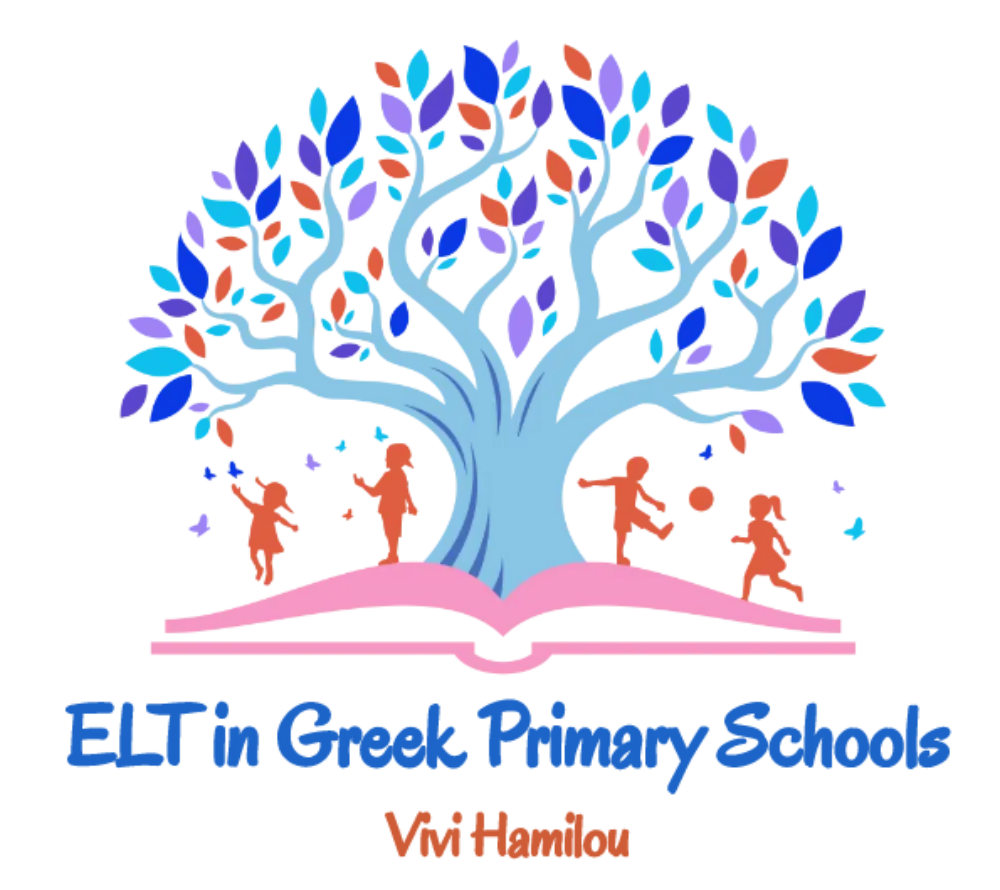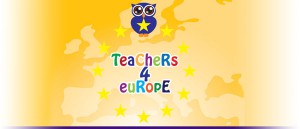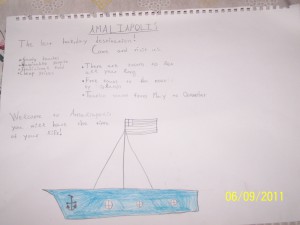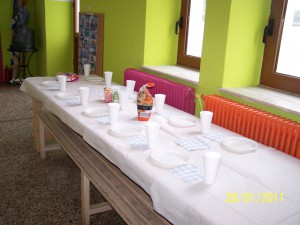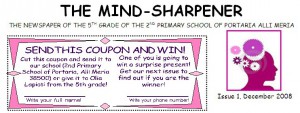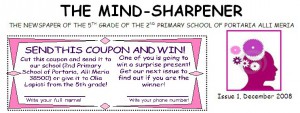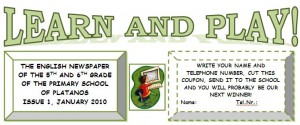Erasmus for all
Investing in Europe’s education, training and youth

Erasmus for All is the new EU programme for education, training, youth and sport proposed by the European Commission on 23 November 2011. The proposal is now under discussion by the Council (27 Member States) and the European Parliament who will take the final decision.
Erasmus for All would bring together all the current EU and international schemes for education, training, youth and sport, replacing seven existing programmes with one. This will increase efficiency, make it easier to apply for grants, as well as reducing duplication and fragmentation. It is due to start in 2014.
Up to 5 million people, almost twice as many as now, could get the chance to study or train abroad with a grant from Erasmus for All. Among them would be nearly 3 million higher education and vocational students. Full-time Masters’ students would also benefit from a new loan guarantee scheme set up with the European Investment Bank Group.
What is Erasmus for All?
Erasmus for All is the new programme proposed by the European Commission for education, training, youth and sport. It would start in 2014 and would significantly increase the funds allocated for the development of knowledge and skills.Erasmus for All is based on the premise that investing in education and training is the key to unlocking people’s potential, regardless of their age or background. It helps them to increase their personal development, gain new skills and boost their job prospects.
What will Erasmus for All support?
Erasmus for All will have a streamlined structure which will improve effectiveness, which means more grants for students, trainees, teachers and others. The benefits for individuals will also bring benefits for the EU economy as a whole.
Opportunities for mobility and cooperation will be significantly strengthened under the new programme: in particular, there will be more funding available for study, training, teaching and volunteering opportunities abroad for higher education and vocational students, trainees, teachers, trainers and youth workers. There will also be more opportunities for education and training institutions or youth organisations to engage in partnerships to exchange good practice and with businesses to promote innovation and employability, as well as greater support for IT platforms, such as e-twinning, to connect schools and other learning providers via the internet.
The programme will support three main types of actions:
Learning opportunities for individuals, both within the EU and beyond, including: study and training, traineeships, teaching and professional development and non-formal youth activities such as volunteering.Erasmus for All would provide opportunities for learning abroad for up to 5 million people across all education and training sectors. Europeans would have the option to study, train or teach at higher education institutions anywhere in the world, and non-European students and staff would have more opportunities to study, teach and learn in Europe. Extending the programme beyond the EU’s borders will increase the attractiveness of European higher education and at the same time support the development of higher education elsewhere in the world.
Institutional cooperation between educational institutions, youth organisations, businesses, local and regional authorities and NGOs, to encourage the development and implementation of innovative practices in education, training and youth activities, and to promote employability, creativity and entrepreneurship.
Support for policy reform in Member States and cooperation with non-EU countries, with a focus on strengthening the evidence-base for policy making and exchange of good practices. Support will include the implementation of EU transparency tools, cross-country studies and support for specific policy agendas such as the Bologna (higher education) and Copenhagen (vocational education and training) processes.
Two completely new elements will be part ofErasmus for All:
A loan guarantee scheme to help Master’s degree students to finance their studies abroad and to acquire the skills needed for knowledge intensive jobs.
The creation of 400 ‘knowledge alliances’ and ‘sector skills alliances’. Knowledge alliances are large-scale partnerships between higher education institutions and businesses to promote creativity, innovation and entrepreneurship by offering new learning opportunities and qualifications. Sector skills alliances are partnerships between education and training providers and businesses to promote employability by forming new sector-specific curricula and innovative forms of vocational teaching and training.
How will Erasmus for All differ from the current programmes?
The main aim remains the same – to improve people’s skills and ultimately their employability as well as to support the modernisation of education and training systems.Erasmus for All would replace seven existing programmes with one: it brings together the existing Lifelong Learning Programme (Erasmus, Leonardo da Vinci, Comenius and Grundtvig), Youth in Action, and five international cooperation programmes (Erasmus Mundus, Tempus, Alfa, Edulink and the programme for cooperation with industrialised countries).
The main actions of the existing programmes will continue (i.e. learning mobility, cooperation projects and support for policy reform), but activities will be strengthened where the systemic impact is strongest and where there is a clear EU added value. There are also a number of new innovative proposals, such as the Erasmus Master’s degree student loan guarantee scheme, the knowledge alliances and the sector skills alliances. A single programme will result in simpler application rules and procedures, as well as avoiding fragmentation and duplication.
Why do we need a new EU approach to education and training?
The world was different when the existing programmes were created. We are currently experiencing one of the most tumultuous economic periods of our time. The EU has responded with a co-ordinated strategy for growth and jobs called Europe 2020 – and education and training are an integral part of this.
The European job market is also changing. The number of high-skilled jobs is growing while the number of low-skilled jobs is decreasing. It is estimated that by 2020 nearly 35% of all jobs will require high skills, innovation capacity and the ability to adapt. One of the headline targets in the Europe 2020 strategy is to raise higher education attainment to 40% (from 32% now). . Erasmus for All can contribute by helping people to gain more and better skills through opportunities to study and train abroad.
The other education headline target in the Europe 2020 strategy is to reduce the share of early school leavers from 14% to less than 10%. To contribute to this goal,Erasmus for All will support modernisation at all levels of education and training, including school education, from early childhood to secondary level and initial vocational training. Non-formal learning will be supported as well through youth exchanges and volunteering.
How will Erasmus for All address youth unemployment?
Erasmus for All will help young people to get training and skills that can increase their personal development and job prospects. Studying abroad can also increase language skills and adaptability. Studies have showed that students who have spent part of their studies abroad are more likely to take up a job abroad when entering the labour market.
Erasmus for All also recognises the importance of non-formal learning. Evidence shows that getting a job is not just about having the right diploma; employers increasingly look for skills acquired through non-formal learning experiences such as volunteering. Indeed, 75% of those who had participated in the European Voluntary Service said that their career prospects had improved thanks to this experience.
Who will be the main beneficiaries?
As the name suggests, Erasmus for All is open to all learners and trainers, through any public or private body active in education, training, youth and sport. It will support formal and non-formal learning experiences and activities across all sectors.
Will the target beneficiaries change from those supported by the existing programmes?
No. The new programme will still focus on the needs of young people, whether they are pupils, students, trainees, volunteers or involved in associations. It will place more emphasis on support for teachers, trainers, information officers and youth workers because of their importance as ‘multipliers’.
Cooperation projects will focus more on including business as partners with educational establishments and youth organisations.
Schools will be encouraged to collaborate with their peers in other EU countries to enhance the impact of EU support and promote synergies between different forms of cooperation, such as pupil and staff mobility and educational projects.As for adult education, the programme will boost mobility of teachers and trainers and foster closer cross-border cooperation between organisations.
Some activities supported by the current programmes will be reduced or discontinued in view of their limited systemic impact, or because they provide poor value for money or if they could be more efficiently supported through other EU funding, such as the European Social Fund (ESF). Mobility of people who are already on the job market, for instance, would be more of a priority for the ESF.
What is the added value of a student loan guarantee at EU level when many Member States have their own student loan scheme?
Student loan schemes exist in a number of countries, but they are often restricted to studies in national institutions or to undergraduates. Many national loan schemes have restrictions in terms of portability abroad.
The proposed EUstudent loan facility focuses on Master’s students studying in a different European country. Master degree courses are likely to be more expensive than undergraduate courses. The initiative would be complementary to national funding schemes, where they exist. .
What else is the Commission doing to increase student and youth mobility?
Funding is important, but money alone is not enough to make mobility a realistic opportunity for all. This will require a joint effort and new partnerships to remove obstacles which persist at national and regional levels. Part of this effort will be to improve the availability of information, to ensure grants and loans are “portable” (i.e. that they can be used by students studying or training abroad) and to improve recognition for study and training results.
In May, EU Education Ministers agreed on a joint plan [in the form of a Council Recommendation] to remove obstacles to studying or training abroad.
Why has the Commission decided to stop using existing names of mobility programmes such as Leonardo da Vinci, Comenius and Grundtvig?
Erasmus is a name which is widely recognised by the public and strongly associated with learning abroad and European cooperation. In setting up an integrated single programme, it makes sense to avoid multiple names and to capitalise on the popularity and awareness of the Erasmus brand.
Which countries will be able to participate in Erasmus for All?
Erasmus for All will be open to all EU Member States, Iceland, Liechtenstein, Norway, Switzerland, EU candidate countries benefiting from a pre-accession strategy and other countries in the Western Balkans.
In addition, non-EU, mostly neighbourhood countries, will be able to benefit from actions aimed at promoting study and training opportunities abroad, as well as youth activities.
Source: European Commission
